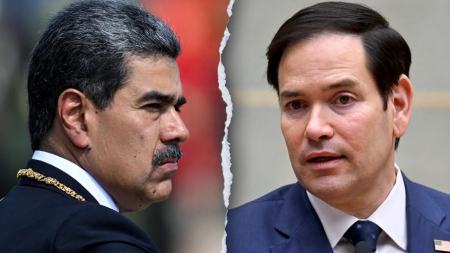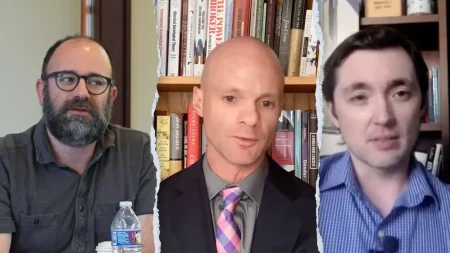The MAGA Movement’s Internal Fractures: Beyond the Epstein Files
In recent months, the MAGA movement, once seemingly monolithic in its support for former President Donald Trump, has experienced significant internal tensions. While the release of the Epstein files initially appeared to be the catalyst for these divisions, they actually revealed deeper, pre-existing fractures within Trump’s base. These divisions reflect fundamental disagreements about priorities, tactics, and even what “Make America Great Again” truly means in practice.
The most visible rift has emerged between what might be called the pragmatists and the purists within the movement. Pragmatists generally focus on electoral viability and achieving policy wins through traditional political channels. They view Trump primarily as a vehicle for advancing conservative policies and reshaping the Republican Party. When controversial topics like the Epstein files emerge, these supporters tend to downplay their significance, arguing that focusing on such matters distracts from more pressing concerns like immigration, economic policy, and combating what they view as left-wing overreach. For this faction, loyalty to Trump remains strong, but it’s conditional on his ability to deliver results and maintain a viable path to power.
By contrast, the purist wing of MAGA increasingly views Trump’s candidacy and presidency as part of a larger moral and existential struggle against what they perceive as corrupt global elites. This faction has become increasingly vocal about issues like the Epstein case, viewing it as emblematic of a systemic problem that even Trump hasn’t fully confronted. For these supporters, any attempt to downplay or dismiss such controversies represents a compromise with the very “swamp” Trump promised to drain. Their support for Trump remains passionate but comes with growing demands that he embrace their more absolutist positions on a range of issues, from foreign policy isolation to aggressive prosecution of political opponents. The purists often find themselves aligned with more conspiratorial elements of the movement, though many reject the most extreme claims while still maintaining that establishment narratives cannot be trusted.
These tensions have been exacerbated by social media dynamics, where algorithms reward increasingly provocative content and where various influencers compete for attention within the MAGA ecosystem. Figures who once stood firmly behind every Trump statement now occasionally break ranks to criticize perceived deviations from core MAGA principles. This has created a complex environment where loyalty to Trump personally and loyalty to the movement’s ideals don’t always align perfectly. Some prominent voices who built their platforms during Trump’s rise have begun to establish independent identities that could potentially outlast or diverge from Trump’s own political trajectory. Meanwhile, newer, more radical voices continuously emerge, pushing the boundaries of acceptable discourse within the movement and challenging more established MAGA figures.
Economic factors also play a significant role in these divisions. Working-class supporters drawn to Trump’s economic nationalism and promises of manufacturing revival sometimes find themselves at odds with wealthier MAGA adherents who prioritize traditional conservative goals like tax cuts and deregulation. While Trump managed to paper over these differences during his presidency, the ongoing cost-of-living challenges have intensified debates about what economic policies truly serve the MAGA base. Some supporters have grown increasingly skeptical of corporate power and financial elites, adopting positions that occasionally sound more aligned with economic populists on the left than with traditional Republican doctrine. These economic tensions connect to broader cultural divides within the movement about what American greatness should look like and who should benefit from it.
As the 2024 election approaches, these internal divisions present both challenges and opportunities for Trump and the movement he spawned. The former president must balance appealing to his most dedicated supporters while maintaining enough mainstream credibility to win a general election. The controversies surrounding the Epstein files represent just one battleground in this larger struggle for the soul of MAGA. What began as a personality-driven campaign has evolved into a complex political movement with competing factions, priorities, and visions for America’s future. Whether these divisions ultimately strengthen the movement by allowing it to appeal to different constituencies or weaken it through internal conflict remains one of the most consequential political questions of our time. What seems clear is that MAGA is no longer simply synonymous with unwavering loyalty to Donald Trump himself, but has become a contested space where different interpretations of American populism compete for dominance.








